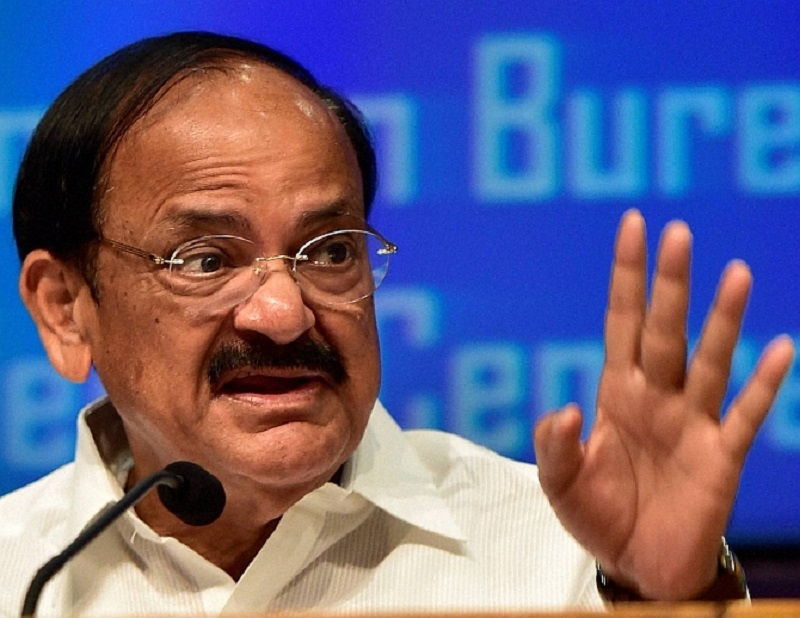vital engine
| Date :02-May-2019 |

VICE-President Mr. Venkaiah Naidu has very rightly said that education is the vital engine of development and that the country has to reshape higher education to meet development needs of future generations. He said that it will be the best gift that the country can give to its children and young generation. But this realisation has come rather too late in the day while the West has gone miles ahead in its development. The Vice-President was right when he said that despite huge potential, the country has missed three industrial revolutions because the education system had not been tuned to meet the needs of industrialisation and remained contended to borrow technologies from where they had developed.
But time has now come to take a fresh look at education as the driver of development. While delivering the Dr. Rajaram Jaipuria Memorial Lecture in Delhi the other day, Mr. Naidu in a way suggested that the present education system has been so designed that it had hardly any connection with development needs of the country. The emphasis on rote rather than independent thinking and innovation, has rendered education redundant for creativity among children and young people. With sole emphasis on passing examinations and accumulating degrees, which may earn the students some jobs, creativity has been nearly killed in the education system. This is especially so at the higher education level where research and innovation should have much bigger role than earning degrees which eventually fail to meet the needs of industry, technological development, scholarship etc.
The nation, as of now, is standing at the cusp of a major role in the world as an economic and geopolitical power. Hence it can no longer remain a mere borrower of technologies and ideas for development. We have missed the earlier three industrial revolutions because our education system was not atuned to the changes that were taking place in many fields of human development. While we persisted with the education that had become irrelevant to contemporary needs, we remained satisfied with importing technologies and even knowledge. We never attributed the importance education deserved as the engine of growth, resulting in our stunted growth. Now this can no longer be beneficial to our standing in the world as an emerging economic and geopolitical power.
We cannot remain satisfied with the notion, though not a false one, that we are the sixth largest economy in the world and expect to replace Britain soon as one of the fastest growing nations in the world. This calls for all-round skill development, revamping the manner in which education is imparted. As the Vice-President says, rote learning has to be replaced by action learning, meaning thereby that education should act as a trigger to boost up students’ creative impulses which would lead to innovations and development of technologies that meet the development needs. In fact educational institutions should turn into incubating centres for ideation and fundamental research. Education and industry should march hand in hand like twins.
Knowledge is now freely available on numerous media. Students should be encouraged to use that for the progress and improving lives of the people. Knowledge in fact should become the vehicle for improving the lives of human beings. That is what the Western nations have achieved through research and development on a perpetual basis and have reaped huge benefits. And their pursuit of excellence and knowledge is unrelenting and insatiable. That is what our education system should aim at if we want to join the elite group of most developed nations. Mere tinkering with the present education system would yield no results. The change over to new system has to be thorough.